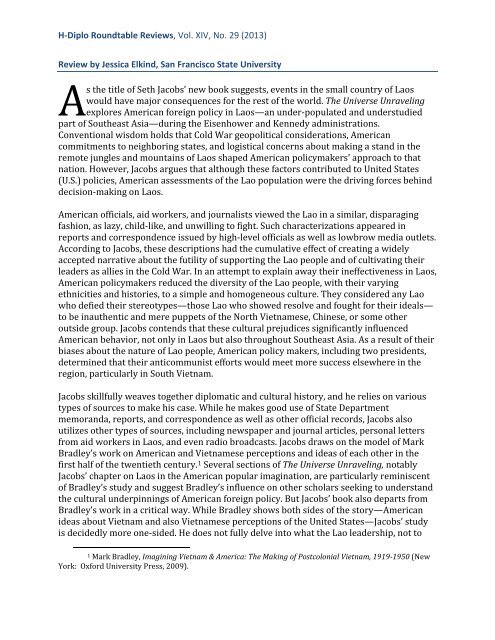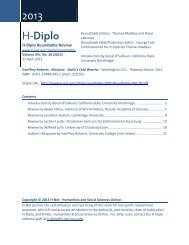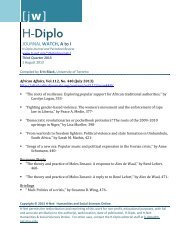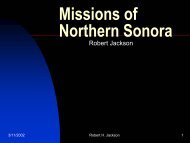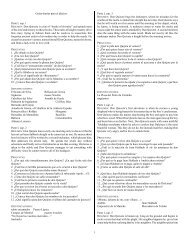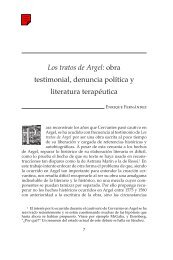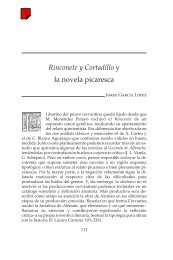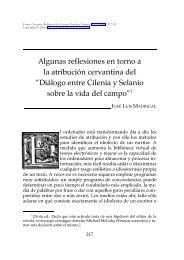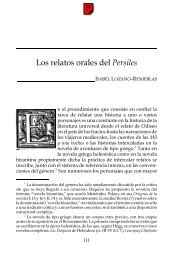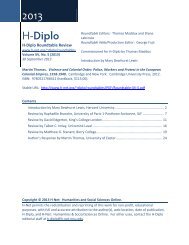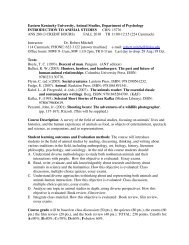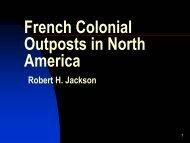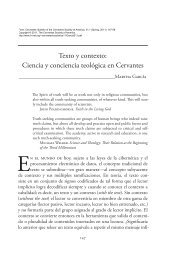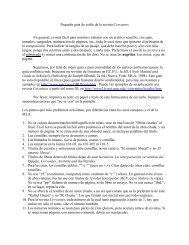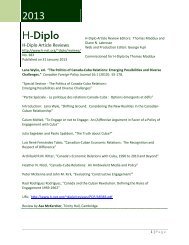H-Diplo Roundtables, Vol. XIV, No. 29 (2013) - H-Net
H-Diplo Roundtables, Vol. XIV, No. 29 (2013) - H-Net
H-Diplo Roundtables, Vol. XIV, No. 29 (2013) - H-Net
Create successful ePaper yourself
Turn your PDF publications into a flip-book with our unique Google optimized e-Paper software.
H-<strong>Diplo</strong> Roundtable Reviews, <strong>Vol</strong>. <strong>XIV</strong>, <strong>No</strong>. <strong>29</strong> (<strong>2013</strong>)<br />
Review by Jessica Elkind, San Francisco State University<br />
A<br />
s the title of Seth Jacobs’ new book suggests, events in the small country of Laos<br />
would have major consequences for the rest of the world. The Universe Unraveling<br />
explores American foreign policy in Laos—an under-populated and understudied<br />
part of Southeast Asia—during the Eisenhower and Kennedy administrations.<br />
Conventional wisdom holds that Cold War geopolitical considerations, American<br />
commitments to neighboring states, and logistical concerns about making a stand in the<br />
remote jungles and mountains of Laos shaped American policymakers’ approach to that<br />
nation. However, Jacobs argues that although these factors contributed to United States<br />
(U.S.) policies, American assessments of the Lao population were the driving forces behind<br />
decision-making on Laos.<br />
American officials, aid workers, and journalists viewed the Lao in a similar, disparaging<br />
fashion, as lazy, child-like, and unwilling to fight. Such characterizations appeared in<br />
reports and correspondence issued by high-level officials as well as lowbrow media outlets.<br />
According to Jacobs, these descriptions had the cumulative effect of creating a widely<br />
accepted narrative about the futility of supporting the Lao people and of cultivating their<br />
leaders as allies in the Cold War. In an attempt to explain away their ineffectiveness in Laos,<br />
American policymakers reduced the diversity of the Lao people, with their varying<br />
ethnicities and histories, to a simple and homogeneous culture. They considered any Lao<br />
who defied their stereotypes—those Lao who showed resolve and fought for their ideals—<br />
to be inauthentic and mere puppets of the <strong>No</strong>rth Vietnamese, Chinese, or some other<br />
outside group. Jacobs contends that these cultural prejudices significantly influenced<br />
American behavior, not only in Laos but also throughout Southeast Asia. As a result of their<br />
biases about the nature of Lao people, American policy makers, including two presidents,<br />
determined that their anticommunist efforts would meet more success elsewhere in the<br />
region, particularly in South Vietnam.<br />
Jacobs skillfully weaves together diplomatic and cultural history, and he relies on various<br />
types of sources to make his case. While he makes good use of State Department<br />
memoranda, reports, and correspondence as well as other official records, Jacobs also<br />
utilizes other types of sources, including newspaper and journal articles, personal letters<br />
from aid workers in Laos, and even radio broadcasts. Jacobs draws on the model of Mark<br />
Bradley’s work on American and Vietnamese perceptions and ideas of each other in the<br />
first half of the twentieth century. 1 Several sections of The Universe Unraveling, notably<br />
Jacobs’ chapter on Laos in the American popular imagination, are particularly reminiscent<br />
of Bradley’s study and suggest Bradley’s influence on other scholars seeking to understand<br />
the cultural underpinnings of American foreign policy. But Jacobs’ book also departs from<br />
Bradley’s work in a critical way. While Bradley shows both sides of the story—American<br />
ideas about Vietnam and also Vietnamese perceptions of the United States—Jacobs’ study<br />
is decidedly more one-sided. He does not fully delve into what the Lao leadership, not to<br />
1 Mark Bradley, Imagining Vietnam & America: The Making of Postcolonial Vietnam, 1919-1950 (New<br />
York: Oxford University Press, 2009).


